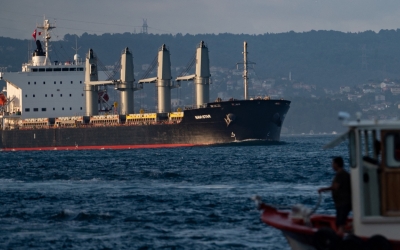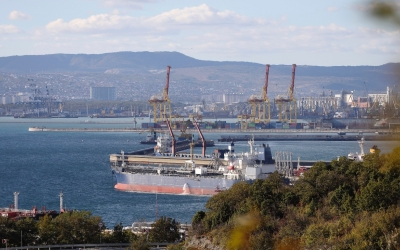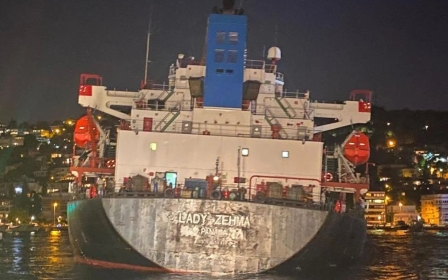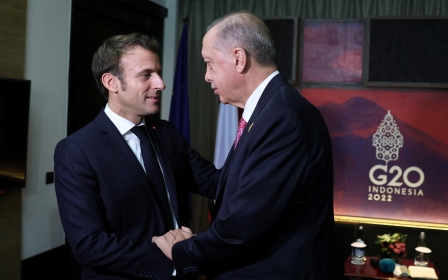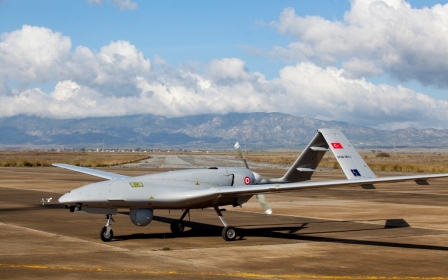Turkey resolves tanker dispute linked to Russian price cap
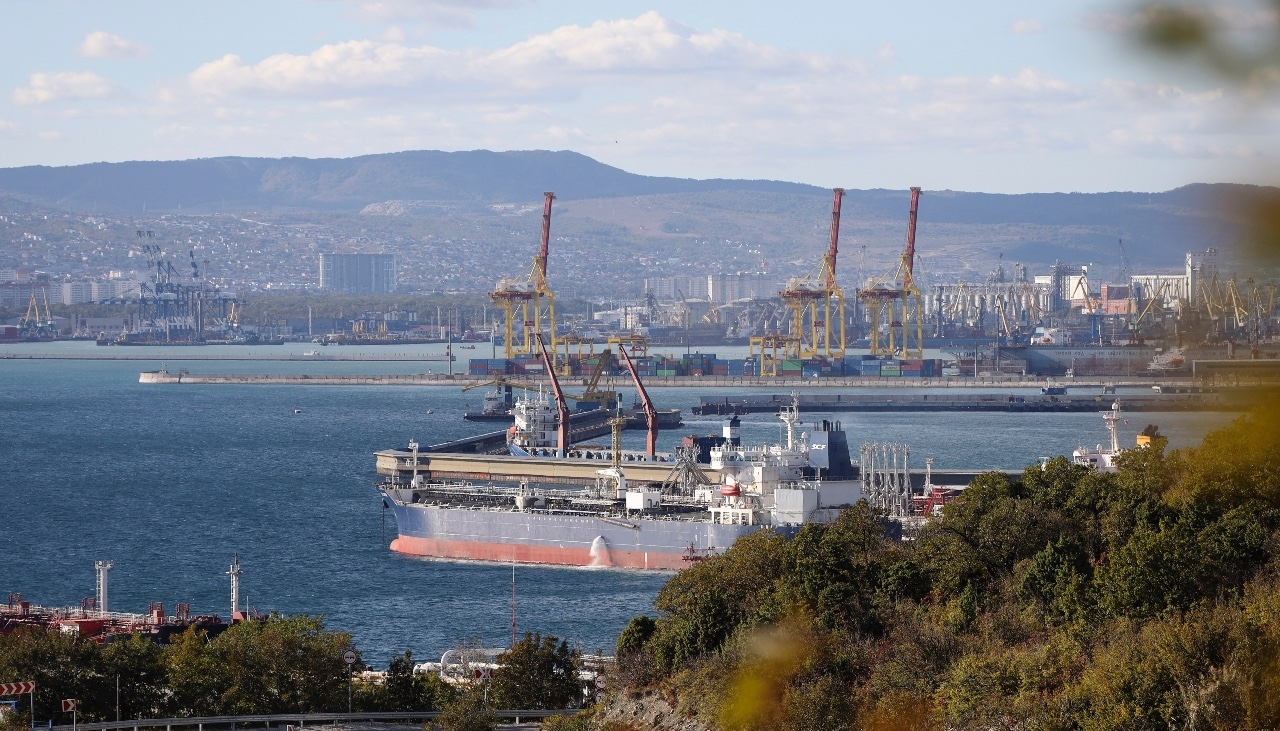
A dispute between Turkey and maritime insurers linked to a price cap on Russian oil has been resolved, with tankers resuming their transit through the Bosphorus and Dardanelle straits.
A queue of around 20 ships carrying oil had been waiting to sail through the straits for much of the past week after Turkey demanded new physical proof of insurance, following the rollout of a $60 price cap on Russian oil.
The G7, along with the European Union and Australia, enacted the cap last week, with the aim of keeping Russian oil on the energy market while limiting Moscow’s ability to profit from the sales.
Shippers are only able to access insurance and other maritime services if the oil they carry is priced at or below the cap.
While Europe has mostly stopped buying Russian crude, the West believes it can pass the price ceiling onto Russian customers because most insurers are located in the EU and other G7 countries.
The plan hit a snag when Turkey voiced alarm over the possibility of uninsured ships passing through the Bosphorus. Ankara demanded a blanket guarantee of "protection and indemnity" insurance against spills and other accidents, regardless of whether the ships were in violation of the price cap.
Western insurance companies balked at the demand, saying it would make them liable for the possible breach of the new sanctions.
Neil Roberts, head of marine and aviation at Lloyd's Market Association, told Middle East Eye in an earlier interview that insurers were reluctant to grant a blanket guarantee, as it was “absolutely not standard practice" for the industry.
Kazakh oil
The Turkish straits are one of the busiest shipping lanes in the world, with an estimated 48,000 tankers crossing the waterway each year.
European and US diplomats scrambled to mediate between insurers and Turkish officials in a bid to agree on a compromise text that could suit all parties.
Turkey's transport ministry said tankers have now started to produce a "confirmation letter" that guaranteed their passage from Russian ports to world markets.
"There are no tankers loaded with crude waiting for passage," the ministry said in a statement.
Norwegian ship insurer Gard, which is part of the international group of 13 protection and indemnity clubs, also said on Tuesday that a compromise had been reached.
“Following significant engagement between the International Group of P&I Clubs (IG) and the government of Turkey, an agreement has been reached allowing ships carrying crude oil cargoes to continue their voyages through Turkish-controlled waters.”
The backlog frustrated western capitals because the majority of ships affected were carrying crude from Kazakhstan, which is not subject to the price cap.
Kazakh oil is shipped to Russia via the CPC pipeline owned by the Caspian Pipeline Consortium. It is then loaded on tankers at the Russian port of Novorossiysk and sent abroad.
The logjam had little impact on the price of oil, with oil prices hitting 2022 lows during the standoff.
The international oil benchmark Brent went up 3.9 percent on Tuesday, at $81.02 a barrel.
Middle East Eye propose une couverture et une analyse indépendantes et incomparables du Moyen-Orient, de l’Afrique du Nord et d’autres régions du monde. Pour en savoir plus sur la reprise de ce contenu et les frais qui s’appliquent, veuillez remplir ce formulaire [en anglais]. Pour en savoir plus sur MEE, cliquez ici [en anglais].


